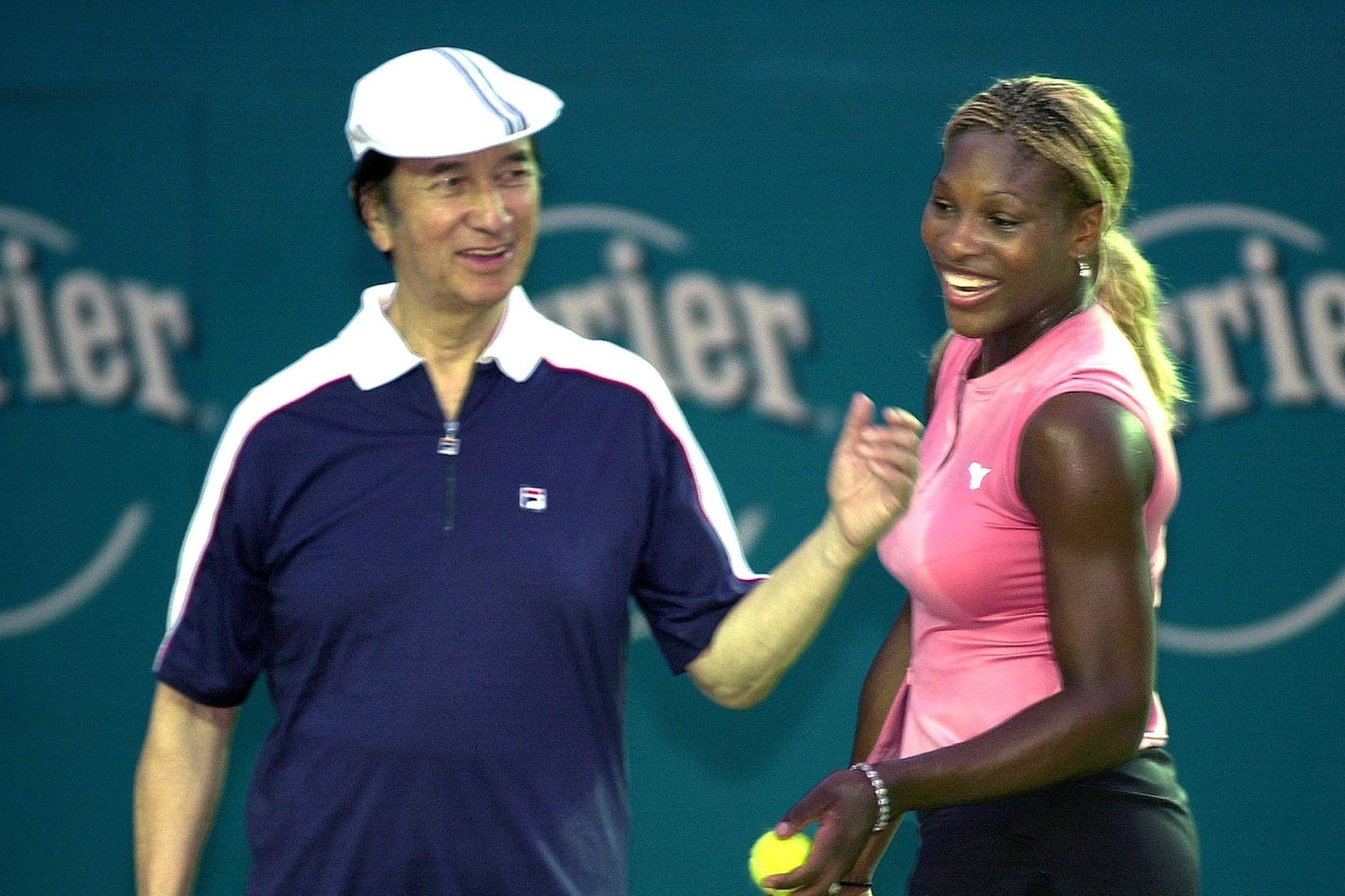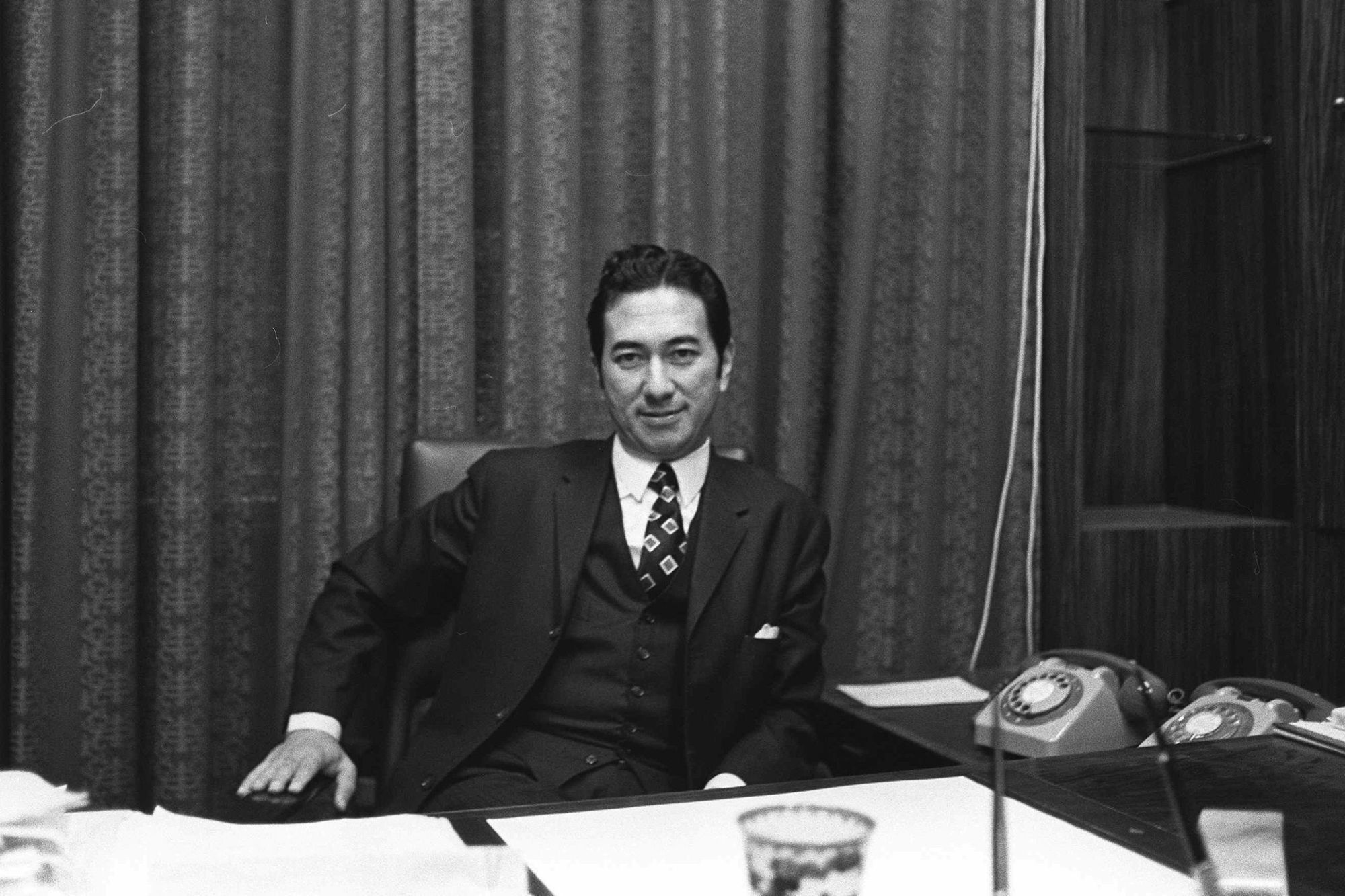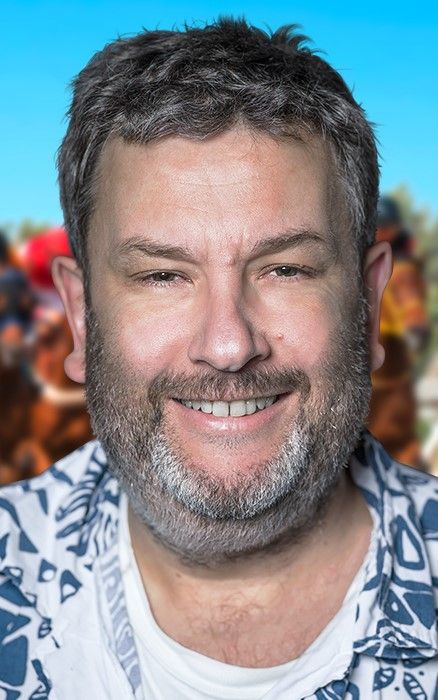If you search for the etymology of VIP, most dictionary references will point to the 1933 novel Water on the Brain by Compton Mackenzie as the first time VIP appears in print:
‘"At the moment he has a V.I.P. with him” … Miss Glidden seemed to divine his perplexity, for she turned round and whispered through a pursed up mouth, “Very Important Personage”’.
The term entered popular usage during World War II when officers in charge of organising flights for important military leaders used the term to conceal the names of the ‘very important people’ from enemy spies, designating them as ‘V.I.P.’ in the flight plan.
There was even a Soviet equivalent, in Russian: В.И.П., the Russian abbreviation of вecмa имeнитaя пepcoнa (which can be Romanised as ‘vesima imenitaya persona’).
But the concept of VIP as we know it today could reasonably be credited to the 98-year-old Macanese casino magnate Dr Stanley Ho Hung-sun 何鴻燊, who died yesterday.
Ho won his first casino licence in 1961 and since then his SJM Holdings Ltd. has boomed as China’s economic opening created a flood of new wealth in a country with a passion for gambling. SJM now controls 20 casinos in a territory of only about 10 square miles. And one of his sons Lawrence has a further three casinos through a separate entity called Melco, while daughter Pansy has an investment relationship with MGM International.
Integral to the casinos’ success is Ho’s related company Shun Tak Holdings Ltd., which runs most of the ferries between Macau and the seaports along the South China coast including Hong Kong. This provides a supply-side solution to demand; in Hong Kong all gambling is controlled strictly by the Hong Kong Jockey Club and in China it’s illegal.
Ho’s story reads like something from a James Clavell novel. Key to his character was a period of appalling poverty that followed the bankruptcy of his wealthy father who lost all the family’s wealth in the stock market. The shock of that event, Ho recalled in a February 2007 interview with a Macau magazine, transformed him from a ne’er-do-well student into a hardworking and ambitious young man.
Then there was the Japanese invasion of Hong Kong in 1941, which forced Ho to flee to the neighbouring Portuguese colony of Macau where gambling had been legalised as long ago as 1847.
Ho, who had just graduated from university, learnt Japanese thanks to an Imperial Army office and in return taught him English. He battled pirates on the South China sea as he led runs into non-Japanese occupied China, trading everything from kerosene to aircraft. Then, after the war, he used those same skills and connections to help circumvent the United Nation’s Korean War blockade on communist China. Those last two actions, busting the blockades against China, made him a patriot in Beijing’s eyes — a reputation that he cherished and would prove immensely useful when Macau reverted to Chinese rule in 1999.

Ho’s acquisition of Macau’s sole gaming licence in 1961, was financed in part by fellow Hong Kong tycoon Henry Fok Koon-Tai 霍官泰, who served on FIFA’s executive committee from 1978 to 1994.
In a further Clavell-like twist in 2011, a family dispute between his four wives and their 17 children erupted over Ho’s 32 percent stake in STDM, the controlling shareholder in SJM which has the casino licences.
Ho’s Macau monopoly expired in 2001 and two years later China granted licenses to competitors, including Sheldon Adelson’s Las Vegas Sands and Wynn Resorts Ltd. But rather than hurting Ho, the increased competition plus China’s booming economy accelerated Macau’s growth into the world’s biggest gaming hub. Ho’s fortunes ballooned.
The city’s gaming revenue has become a barometer of the economy of China, where two thirds of its gamblers are from. While casino takings have usually grown with China’s GDP, they collapsed in 2014 when Beijing launched an anti-corruption campaign.
![Stanley Ho’s celebrated horse Viva Pataca [named after the Macanese pataca currency] earned more than USD8m in prize money and was Hong Kong Horse of the Year in 2009.](https://www.journal.daimani.com/content/images/2020/05/vivapataca-1.jpg)
During reporting on that campaign, it was revealed the number of ATM machines in Macau had risen from 56 per 100,000 population in 2004 to 254 by 2015, and cash withdrawals – predominately from mainlanders who can access their accounts in Macau - were running at HK$ 10 billion per month, or approx. US$ 1 billion.
This year the coronavirus has triggered a 97% drop in revenue as Chinese gamblers were prevented from travel into Macau.
Key to understanding Ho’s extraordinary success is the ‘VIP Room’ concept and its particular appeal to the Asian sensibility.
In a Las Vegas-style casino you would expect about 75% of the income to come from slot-machines, which is the very definition of ‘low rolling’. By contrast in Macau, and understanding perfectly his mostly Chinese audience, Ho focussed on ‘high rollers’ playing the game of baccarat.
What Ho understood was the particular Asian desire to bet big in the hope of securing a life-changing outcome. Unlike a Western gambler who might focus more on specific odds and therefore run up a slot machine until it paid out, Asian gamblers regard winning as a function of luck. And luck is something that can swayed.
By contrast to the west, in Asia and China in particular there has been an historic, deep distrust of machine-based gambling. In Cantonese, slot machines are nicknamed ‘Hungry Tigers’, and there’s a strong suspicion that the outcome of any slot machine bet is predetermined. By contrast in baccarat the casino is seen as merely acting as a referee.
Between the ultra-high margin baccarat games played in VIP Room and mass-market baccarat played on the open casino floors, the game represents almost 90 percent of total gaming revenue in Macau. Slot machines will often sit untouched on a Macanese casino floor despite the best efforts of Western experts to lure Asians across to them.
From Ho’s perspective, the VIP Room concept allowed a wealthy individual to be picked up in one of his limousines in Hong Kong, travel first class on one of his ferries to Macau, stay in one of his luxury hotels, eat and drink in one of his 5-star restaurants and then gamble at one of his private baccarat tables and possibly even borrow from him; he owned his own bank, Seng Heng, until as recently as 2007 when he sold a majority stake to China’s ICBC. All of these spending elements Ho could control [plus also the Macau Jockey Club and local greyhound track for good measure].
The business model has remained simple and largely unchanged from the late 1960s, but was launched off the back of the Casino Lisboa, Ho’s first casino.
Not that all of the spending ended up in Ho’s pocket. That was the concept behind the ‘junket operator’, a network of sales teams whose job was to find the gamblers, recruit them and hand them over to Ho’s integrated casino, travel, hotel organisation. In return they would share commission from Ho on any or all of the spending, and also offer credit lines as well.

Ho would always deny any involvement with Chinese triads. What was undeniable was that the wash of money being generated in and around the baccarat VIP Rooms attracted prostitutes and loan sharks who would patrol the entrances to the Ho casinos; in the 1990s triads fought gang wars in the city and VIP Rooms were often at the heart of the disputes.
Many of those issues went away when China took control in 1999 and the casino industry came to more closely resemble the Las Vegas of the East which it is now. By 2002 the Macau Special Administrative Region had begun the process of formally licensing the ‘junket operators’ or Casino Promoters as they were called – taking back control of spending processes that lent itself to triad influence and control.
And the VIP Room concept remains as popular now as it did in the early 1960s when Stanley Ho first created them.


